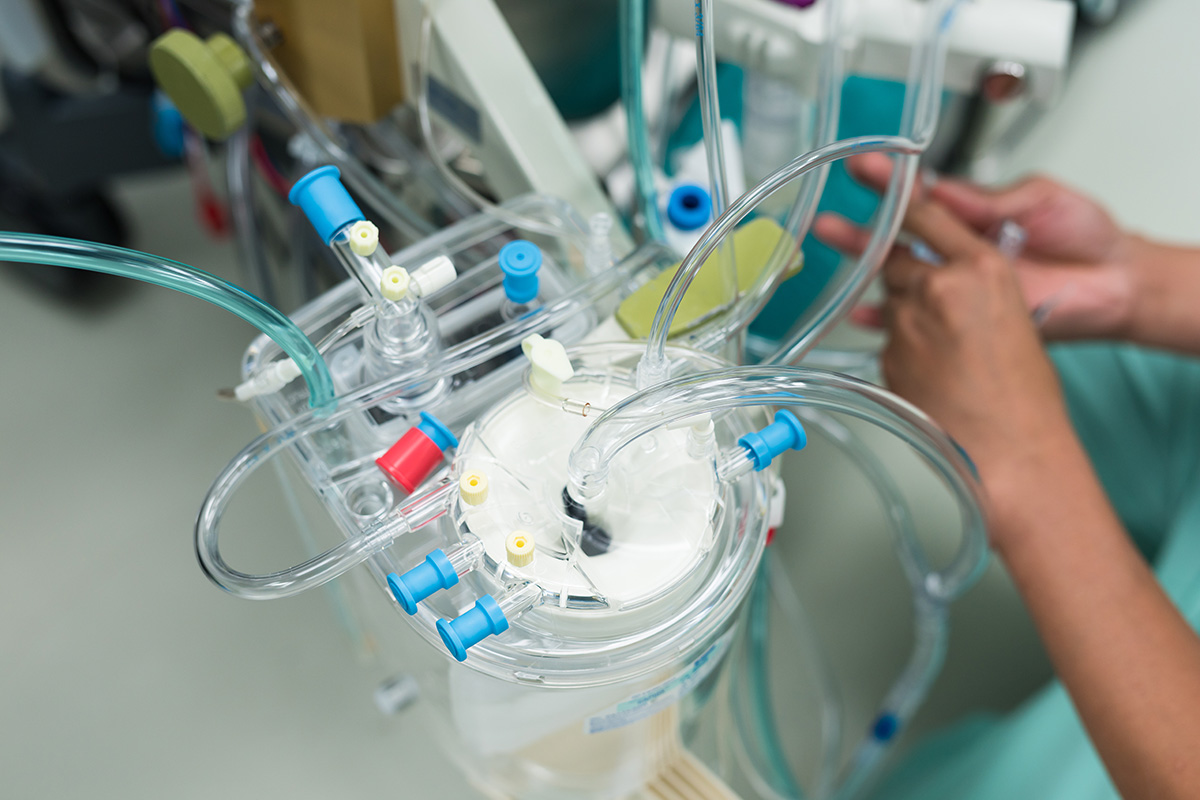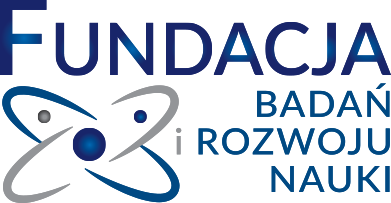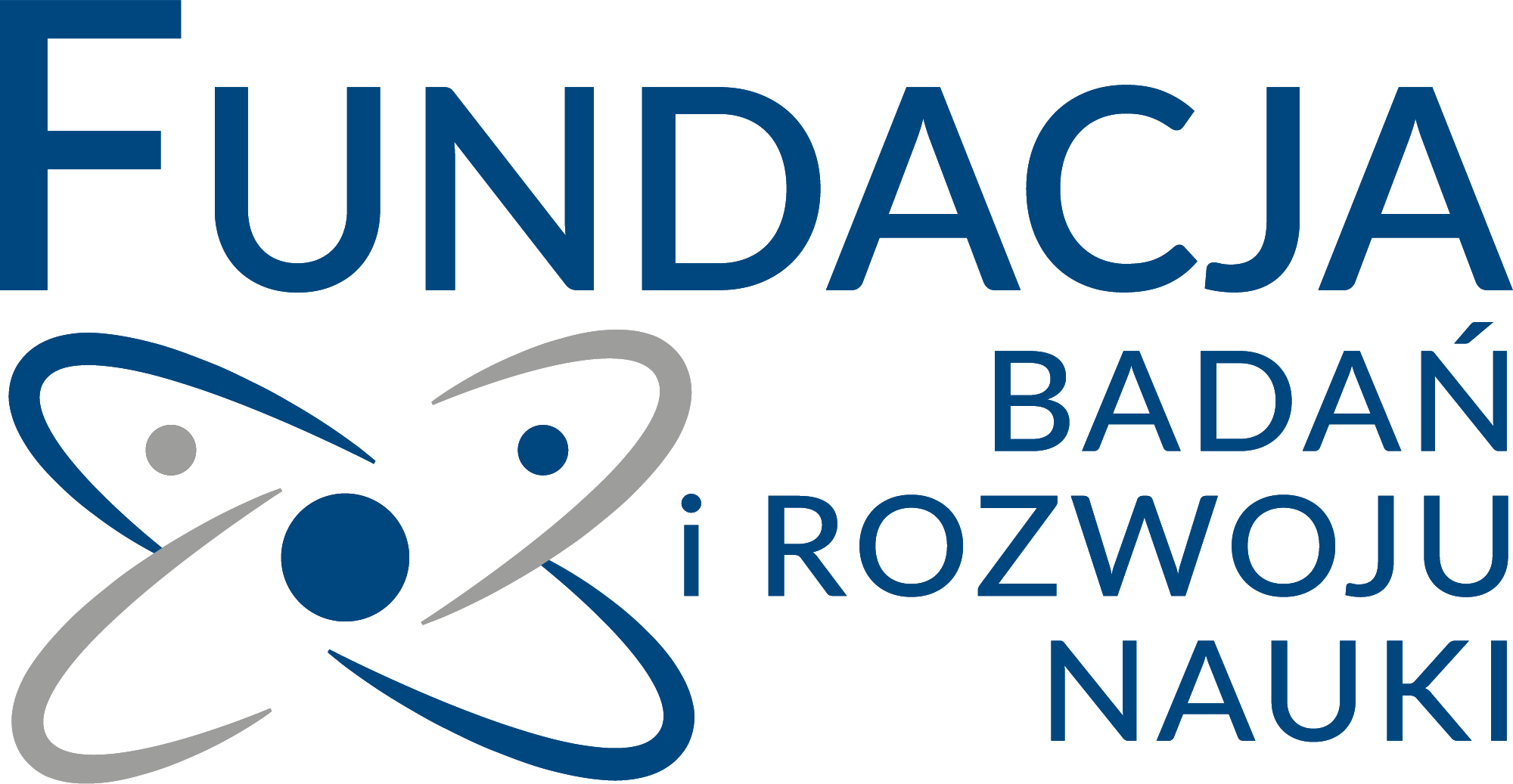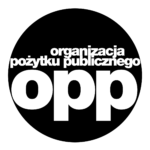Project coordinator
Michał Wszoła MD, PhD
Time frame:
DESIGN OF A PUMP INCREASING SUITABILITY OF TRANSPLANT ORGANS
The shortage of organs for transplantation purposes usually forces doctors to make use of organs from donors, who don’t fulfil the necessary requirements. Donors are often the elderly or patients after cardiac arrest. There is an idea of how to increase the number of organs suitable for transplantation.
The standard technique used for storage of human organs, mostly kidneys, for transplantation purposes is called a mechanic perfusion in normothermia, consisting in attaching organs via the artery to the pump and passing liquid at the temperature of 4˚C. It enables a better and longer storage of organs and gives the opportunity to evaluation in terms of transplantation.
Based on estimated parameters, it is decided whether a kidney is suitable for transplant or not. This brilliant method has one highly important drawback. In view of temperature, it limits either medication delivery to organs, gene therapy or stem cells therapy. How do we move forward from this situation?
Engineering the pump seems to be the right idea. It leads the oxygen up to the organ, regardless of the temperature. In this way, it’s possible to achieve better results in transplants and to make more organs meet the criteria.
The project is financed from the Foundation of Research and Science Development’s own resources. We’re currently carrying out engineering and medical work on creating a so-called perfusion pump, which complies with all requirements. A team of doctors and engineers permanently employed in the Foundation is engaged in the research.



